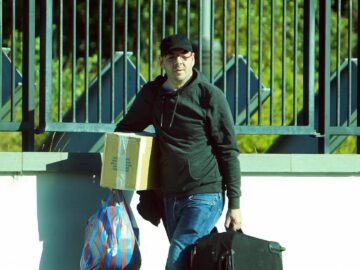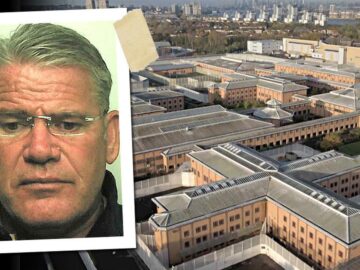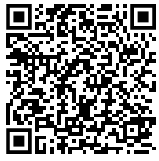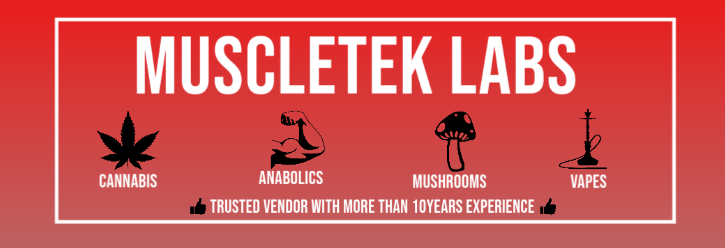Fight drug crime by regulating ecstasy, weed and combating cocaine: Think tank
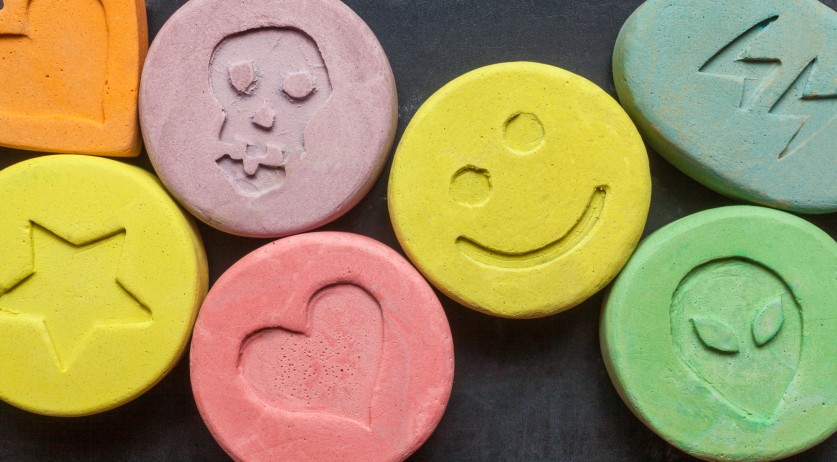
The Netherlands can tackle drug crime effectively and structurally to a large extent by regulating ecstasy and weed and focusing on fighting cocaine smuggling, according to independent think tank DenkWerk. The government must switch to a fundamentally different and “more credible” drug policy because the current blanket policy that approaches all drugs the same is not working, the think tank said, NRC reports.
DenkWerk consists of researchers from various fields and civil servants. No specialists in justice or crime, but they believe their different disciplines add strength to their analyses, according to the newspaper. For this report, they interviewed about 24 experts at the police, seaport police, customs, the Public Prosecution Service, ports, and journalism.
The core of the DenkWerk report is not to treat all drugs the same. Cannabis and ecstasy require regulation, the experts believe. This would result in criminals losing hundreds of millions of euros in profits per year. It also tackles the effect of drug crime like teens leaving school to deal drugs and waste dumping in nature. And ecstasy users will then have less contact with drug dealers and are therefore less likely to come into contact with harder drugs.
It is crucial that the government acts with urgency in the regulation, the think tank said. Instead of a snail-pace-regulated cannabis experiment that has been years in the making and still hasn’t started, the government should take over the domestic drug market as soon as possible. Licensed entrepreneurs need to earn money from drugs, so there must be appropriate taxes and the option of bank financing, the experts said.
When it comes to cocaine, the Cabinet must take repressive action against trafficking. The health risks of cocaine are much higher, and the drug is almost exclusively produced abroad. So you’re dependent on other countries for regulation.
Focus on combatting cocaine trafficking then, DenkWerk said. The government must make targeted investments in intercepting the drug. That means investing in more drones and scanners at ports and closing terminals if they fail to take sufficient measures to intercept cocaine shipments.
Ports and the investigative services need to change their mentality, said DenkWerk member Bernard ter Haar, a top civil servant. “We really make a difference if we intercept more cocaine. Criminals can’t afford to pass these losses on in the gram price on the street. There are simply too many parties active in the market for that. If the interception percentage grows significantly, I think there is a real chance that Antwerp and Rotterdam will be removed as import ports for the major drug criminals,” he said to the newspaper.
For this to work, it is crucial that the use of ecstasy, cannabis, and cocaine is discouraged like is already happening with alcohol and tobacco. To prevent the threshold for buying drugs from becoming too low, discouragement policies like age limits, few points of sale, and strict supervision on the dosage are needed.
It is possible to make a stand against drug criminals with sensible policy, said DenkWerk member Barbara Baarsma of Rabobank. “We often hear that the fight against drug crime is a drop in the ocean. We see that differently. There is real hope, but the policy needs to be overhauled.”
Found this interesting? Then check our main news page where you can find all articles related to Crypto, Crime, Darknet, Security and much more!




